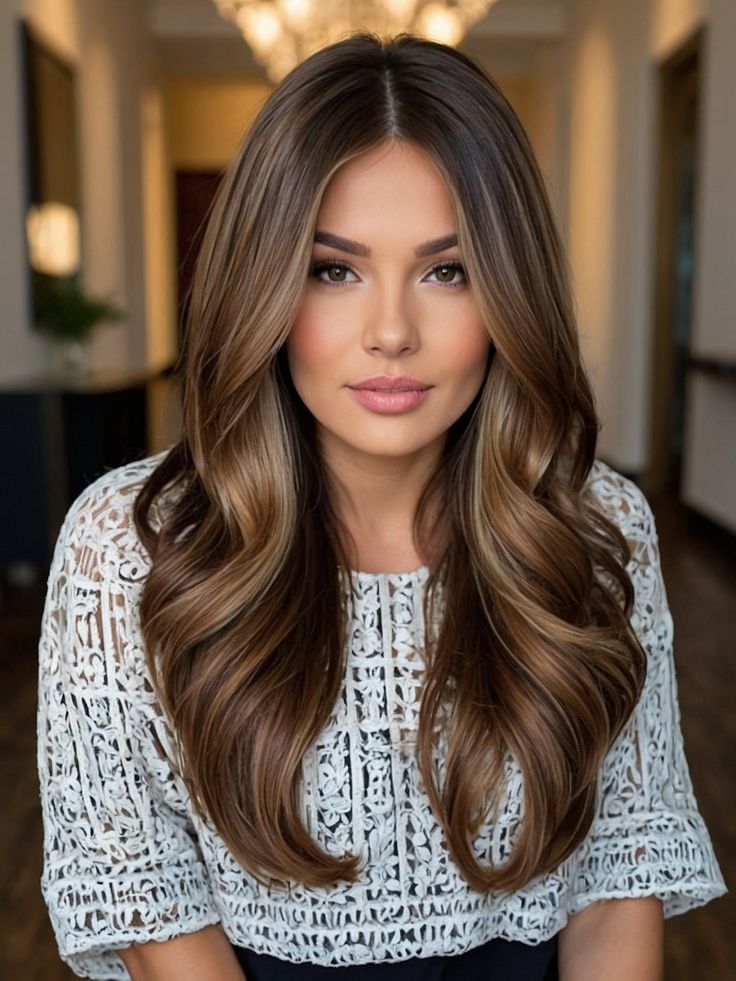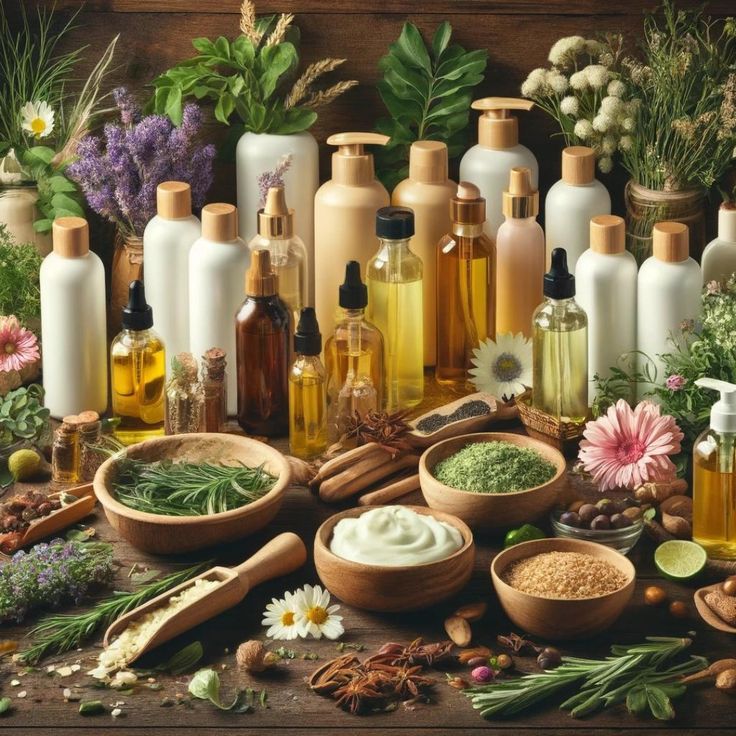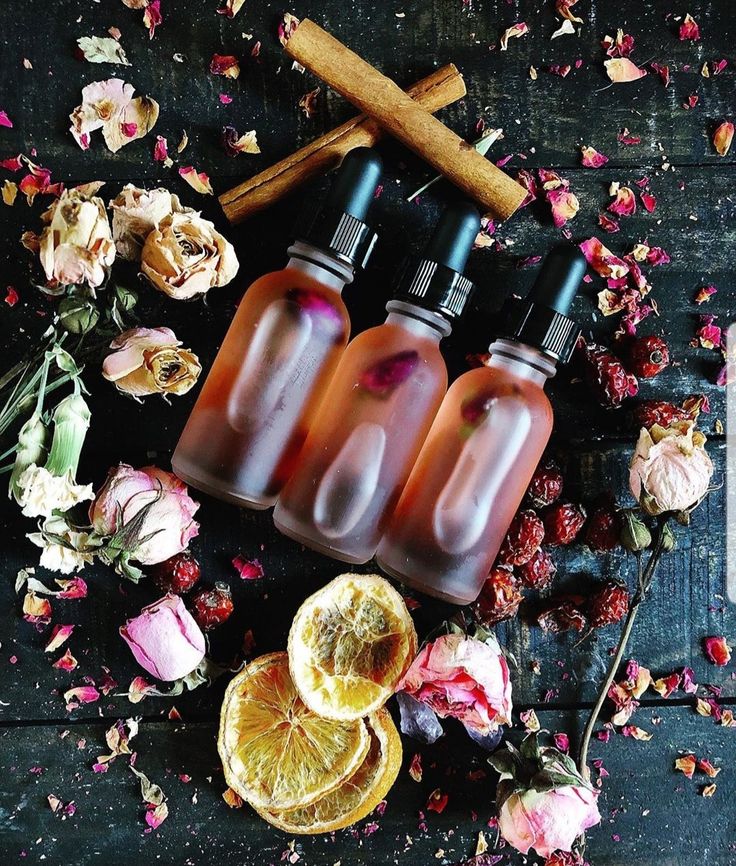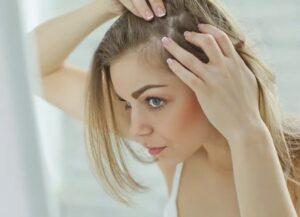
Natural hair care tips include regular moisturizing and using sulfate-free shampoos. Avoid heat styling to maintain healthy hair.
Natural hair requires proper care to stay healthy and vibrant. Regular moisturizing keeps hair hydrated and prevents breakage. Sulfate-free shampoos clean without stripping natural oils, maintaining the hair’s natural balance. Reducing heat styling helps prevent damage and retains the hair’s natural texture.
Trimming split ends regularly promotes growth and keeps hair looking fresh. A balanced diet rich in vitamins and minerals supports hair health from the inside out. Natural oils like coconut and argan oil provide additional nourishment and shine. Proper hair care practices ensure your natural hair remains strong, shiny, and beautiful.

Follow An Essential Hair Care Routine Regularly
Natural hair care is more than just a routine; it’s a commitment to nurturing your hair in the healthiest way possible. An essential hair care routine involves both daily and weekly practices that keep your hair looking and feeling its best. By following these tips, you’ll maintain beautiful, strong, and vibrant hair every day.
Ensure Daily Maintenance
Daily maintenance is crucial for healthy natural hair. Start by detangling your hair every morning. Use a wide-tooth comb to gently remove any knots. This prevents breakage and keeps your hair manageable.
Moisturizing is another key step. Apply a leave-in conditioner or hair oil to keep your hair hydrated. Focus on the ends, as they tend to be the driest part. Here’s a quick checklist for your daily routine:
- Detangle with a wide-tooth comb
- Apply leave-in conditioner or hair oil
- Use a silk or satin scarf to wrap your hair at night
Protective styling helps maintain moisture and reduces breakage. Styles like braids, twists, or buns are great options. These styles also give your hair a break from daily manipulation.
Avoid excessive heat. Limit the use of flat irons, curling irons, and blow dryers. Heat can damage your hair and lead to dryness and split ends.

Do Weekly Hair Treatments
Weekly treatments are essential for deep conditioning and overall hair health. Deep conditioning once a week replenishes moisture and nutrients. Use a deep conditioner or hair mask and leave it on for at least 30 minutes.
Scalp care is also important. Massage your scalp with natural oils like coconut or jojoba oil. This improves blood circulation and promotes hair growth.
Clarifying shampoos help remove product buildup. Use a clarifying shampoo once a week to keep your scalp and hair clean. Follow up with a moisturizing conditioner to prevent dryness. Here’s a quick list of weekly treatments:
- Deep conditioning for 30 minutes
- Scalp massage with natural oils
- Use clarifying shampoo followed by a conditioner
Protein treatments strengthen your hair. Use a protein treatment once a month to repair and prevent damage. Be careful not to overuse protein treatments as they can make your hair stiff.

Choose Natural Products For Your Hair
Choosing natural products for your hair can transform your hair care routine. Natural products are gentle and nourishing. They help your hair stay healthy and strong. Here are some tips on what to look for and what to avoid when choosing natural hair products.
Ingredients That You Must Include
Look for ingredients that nourish and strengthen your hair. These ingredients are natural and beneficial:
- Coconut Oil: Moisturizes and adds shine.
- Shea Butter: Deeply conditions and hydrates.
- Aloe Vera: Soothes the scalp and promotes hair growth.
- Argan Oil: Repairs and protects hair from damage.
- Tea Tree Oil: Fights dandruff and keeps the scalp healthy.
Choosing products with these ingredients can make a big difference. Your hair will be softer, shinier, and healthier.
Avoid Harsh Chemicals For Your Hair
Many hair products contain harsh chemicals that can damage your hair. Avoiding these chemicals is crucial for maintaining healthy hair:
- Sulfates: Strip natural oils and cause dryness.
- Parabens: Linked to scalp irritation and hair loss.
- Silicones: Build up on hair and prevent moisture absorption.
- Phthalates: Potentially harmful to your health.
- Alcohols: Can dry out and weaken hair.
Avoiding these harsh chemicals helps keep your hair healthy. Your hair will be less prone to damage and breakage.

Ensure Proper Hydration And Moisturization
Natural hair thrives on proper care and attention. One of the most essential aspects is ensuring adequate hydration and moisture. Without these, hair becomes dry, brittle, and prone to breakage. Let’s explore best moisturizing techniques for healthy hair:
Best Moisturizing Techniques For Your Hair
Keeping natural hair moisturized involves a combination of techniques. Follow these steps to ensure your hair retains moisture:
- Use a Leave-In Conditioner: Apply after washing to lock in moisture.
- Deep Condition Weekly: This provides intense hydration. Look for products with natural oils.
- LOC Method: Layer Liquid, Oil, and Cream to seal moisture in.
- Protective Styles: Braids or twists help retain moisture.
- Avoid Heat: Heat tools dry out hair. Air dry whenever possible.
Natural oils like coconut, olive, and jojoba are excellent for maintaining moisture. Water is the ultimate moisturizer. Always hydrate from the inside out by drinking plenty of water. Regular trims prevent split ends, keeping hair healthy and less prone to dryness.

Do Protective Styles To Prevent Your From Damage
Natural hair care can be a journey of love and patience. One of the best ways to care for natural hair is through protective styles. These styles protect your hair from daily wear and tear, reduce breakage, and promote growth. They are not only functional but also versatile and stylish. Here are some popular options:
- Braids: Box braids, cornrows, and micro braids are popular choices. They keep hair secure and reduce manipulation.
- Twists: Two-strand twists and flat twists help maintain moisture and reduce tangles.
- Wigs: Wigs allow you to experiment with different looks while keeping your natural hair protected.
- Weaves: Sew-in weaves offer a long-term protective style that shields your natural hair.
- Buns: Low buns and top knots keep ends tucked away and reduce friction.
Each of these styles can be customized to suit your preferences. You can add color, accessories, and different patterns to make them unique. Mixing and matching styles can also keep your hair care routine exciting.
Benefits Of Protective Hairstyles For Hair Health
Protective styles offer numerous benefits for hair health. Here are some key advantages:
- Reduced Breakage: Protective styles minimize hair handling, which reduces breakage and split ends.
- Moisture Retention: Styles like twists and braids help lock in moisture, keeping hair hydrated and healthy.
- Growth Promotion: By reducing manipulation, protective styles give hair a chance to grow without interference.
- Damage Prevention: These styles shield hair from environmental damage, such as sun and wind.
To maximize these benefits, it’s essential to care for your hair even while in protective styles. Regularly moisturize your scalp, avoid styles that are too tight, and give your hair breaks between protective styles. This ensures your hair remains healthy and strong.
Do Natural Scalp Treatments Once A Week At Least
Using natural scalp treatments can significantly improve scalp health. Here are some effective natural treatments:
- Coconut Oil Massage: Coconut oil moisturizes and nourishes the scalp. Warm the oil slightly and massage it into your scalp for 10 minutes. Leave it on for an hour before washing.
- Aloe Vera Gel: Aloe vera soothes the scalp and reduces inflammation. Apply fresh aloe vera gel directly to your scalp and leave it on for 30 minutes before rinsing.
- Apple Cider Vinegar Rinse: Apple cider vinegar balances the scalp’s pH and removes build-up. Mix one part vinegar with two parts water and rinse your scalp after shampooing.
- Tea Tree Oil Treatment: Tea tree oil has antimicrobial properties. Add a few drops to your shampoo or dilute with a carrier oil and apply to your scalp.
Incorporating these natural treatments into your routine can lead to a healthier, more balanced scalp. Regular use ensures long-term benefits for both your scalp and hair.
Maintain A Good Diet For Hair Health
When aiming for natural hair care, focusing on your diet plays a vital role. A balanced diet can significantly impact hair growth and overall hair health. Consuming the right nutrients ensures your hair remains strong, shiny, and resilient. Let’s delve into the essential nutrients and the best foods to support healthy hair growth.
Also Read: 7 Essential Oils for Relieving Bad Headaches
Foods That Can Protect Your Hair From Damage
To ensure you’re getting these essential nutrients, incorporate the following foods into your diet:
- Eggs: High in protein and biotin, eggs are excellent for hair growth.
- Spinach: Loaded with iron, vitamins A and C, spinach promotes hair health.
- Fatty Fish: Salmon, mackerel, and sardines are rich in omega-3 fatty acids.
- Nuts and Seeds: Almonds, walnuts, and flaxseeds provide zinc and omega-3s.
- Sweet Potatoes: Packed with beta-carotene, which converts to vitamin A, sweet potatoes help in hair growth.
- Avocados: High in vitamin E and healthy fats, avocados nourish the scalp.
Maintaining a balanced diet with these nutrient-rich foods can help your hair grow stronger and healthier. Pay attention to what you eat and enjoy the benefits of naturally beautiful hair.
How To Repairing Your Hair Damage
If your hair is already damaged, focus on repair strategies to restore its health. Here are some tips:
- Deep Conditioning Treatments: Use a deep conditioning treatment once a week. This will help nourish and repair your hair.
- Trim Split Ends: Regularly trim the ends of your hair to remove split ends and prevent further damage.
- Protein Treatments: Use protein-rich hair masks to strengthen your hair and reduce breakage.
Additionally, incorporate these nourishing ingredients into your hair care routine:
- Coconut Oil: Penetrates the hair shaft, providing deep moisture.
- Argan Oil: Rich in vitamins and antioxidants, it helps repair and protect hair.
- Shea Butter: Provides intense hydration and reduces frizz.
By following these tips, you can repair damaged hair and maintain healthy, beautiful locks.
Natural Remedies For Hair Damage
Natural hair care tips are essential for maintaining healthy and vibrant hair. Natural DIY Hair remedies can help you achieve beautiful hair without harsh chemicals. These remedies can nourish your hair and scalp, promoting growth and reducing damage.
DIY Hair Masks
DIY hair masks are a fantastic way to nourish your hair with natural ingredients. You can easily make these masks at home using items from your kitchen. Here are some simple and effective DIY hair masks:
- Avocado and Honey Mask: Mash one ripe avocado and mix it with two tablespoons of honey. Apply to damp hair and leave for 30 minutes. Rinse thoroughly.
- Banana and Yogurt Mask: Blend one ripe banana with half a cup of yogurt. Apply to your hair and leave for 20 minutes. Rinse with lukewarm water.
- Egg and Olive Oil Mask: Whisk two eggs with three tablespoons of olive oil. Apply to your hair and cover with a shower cap. Leave for 30 minutes and rinse with cool water.
These masks provide deep conditioning and add shine to your hair. They are easy to make and use natural ingredients that are safe for your hair.
Try Essential Oils For Hair Care
Essential oils are powerful natural remedies for hair care. They can help with various hair issues such as dryness, dandruff, and hair loss. Here are some popular essential oils for hair:
| Essential Oil | Benefit |
|---|---|
| Lavender Oil | Promotes hair growth and reduces stress. |
| Tea Tree Oil | Treats dandruff and soothes the scalp. |
| Rosemary Oil | Improves circulation and strengthens hair. |
| Peppermint Oil | Stimulates hair growth and provides a cooling effect. |
To use essential oils, mix a few drops with a carrier oil like coconut or jojoba oil. Massage this mixture into your scalp and leave it on for 20 minutes before rinsing. Regular use of essential oils can enhance the health and appearance of your hair.
Frequently Asked Questions
What Are Natural Hair Care Tips?
Natural hair care involves using natural products. Avoid heat styling tools and harsh chemicals. Maintain a healthy diet. Regularly trim your hair. Keep your hair moisturized.
How To Moisturize Natural Hair?
Use leave-in conditioners and natural oils. Avoid over-washing your hair. Deep condition regularly. Drink plenty of water. Protect your hair at night with a silk or satin scarf.
Can Diet Affect Hair Health?
Yes, diet plays a crucial role. Consume foods rich in vitamins and minerals. Include proteins, iron, and omega-3 fatty acids. Stay hydrated by drinking plenty of water. Avoid excessive junk food.
How Often Should You Wash Natural Hair?
Wash your hair every 1-2 weeks. Over-washing can strip natural oils. Adjust based on your hair type and lifestyle. Use sulfate-free shampoos. Keep your scalp clean and healthy.
Conclusion
Healthy hair starts with natural care. Embrace these tips for vibrant, strong, and beautiful locks. Consistency is key for lasting results. Your hair will thank you. Try these methods and see the difference. Share your journey and inspire others. Natural hair care promotes not just beauty, but also confidence and well-being.









